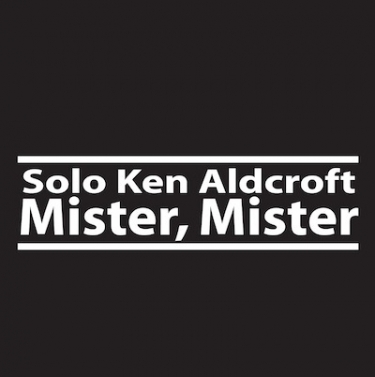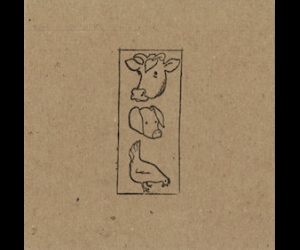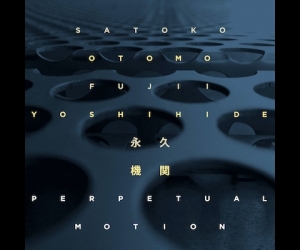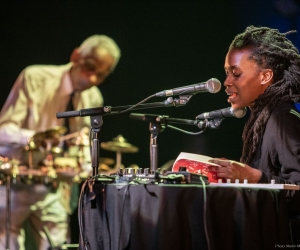
There’s something special about fully realized solo improvisation. Layers of consciousness, kinds of memory, and impulses of intent impinge on one another, revealing fresh possibilities and meaning, as if improvisation, in the absence of an immediate community of players, begins to extrapolate substitutions for the more conventional kind. Toronto guitarist Ken Aldcroft is a widely recorded composer, improviser, and bandleader who has explored broadly. He has recorded in traditional settings—exploring Duke Ellington compositions in a 1999 quartet recording, and Thelonious Monk in a more recent recording by Hat and Beard (his duo with drummer Dave Clark)—as well as more outré ones, such as his Convergence Ensemble and improvised duets with the likes of bassist William Parker and trombonist Scott Thomson. Still, there’s much that’s new in his latest solo excursion, on which he plays a lightly amplified acoustic guitar.
The opening title track goes to the heart of the matter. Its free-flowing chorded lines move naturally toward their conclusions, only to be spurred forward by a sudden rhythmic trigger, a kind of abstracted impulse toward rockabilly that keeps pushing lines beyond their implied conventions. This memory trigger seems more than merely personal; it adheres not only to the musician but also to his instrument’s own sonorities and particular history.
There’s more than a century of blues, jazz, and gospel recordings underpinning the music, spirits, intervals, and licks summoned up in specifically titled meditations such as “Gospel” and “Work Song.” In “A Lonely Dance,” which at first suggests the blues, but Aldcroft insistently tightens the intervals of his lines and chords—pentatonics to chromatics, thirds to seconds—only to open up into single-note lines of glassy harmonics. “Parkdale Serenade” seems to take its cues from the linear harmonic extrapolation of conventional modern jazz guitar, but every note is subtly inflected, its pitch bending away from expectation. The album highlight is also Aldcroft’s longest foray—the nineteen-minute “Ornette + Solo,” in which his use of delay is most developed and explicit, the literal technology of memory creating another element with which to converse.



